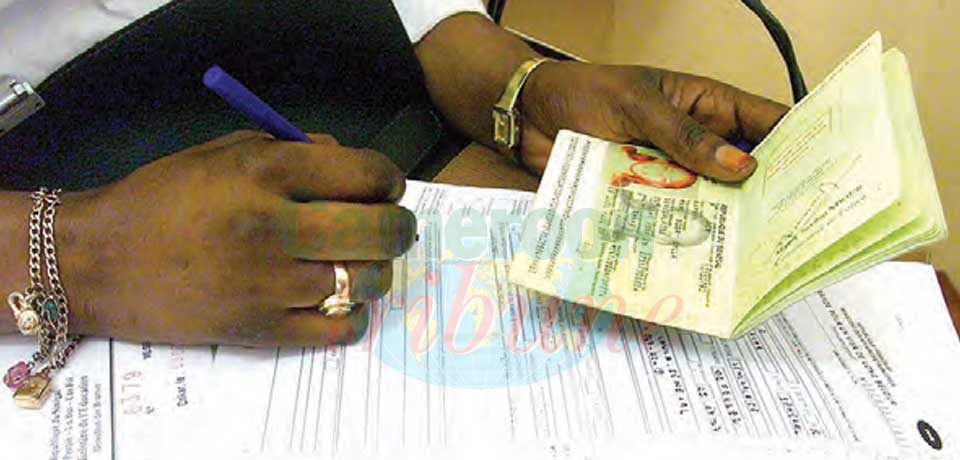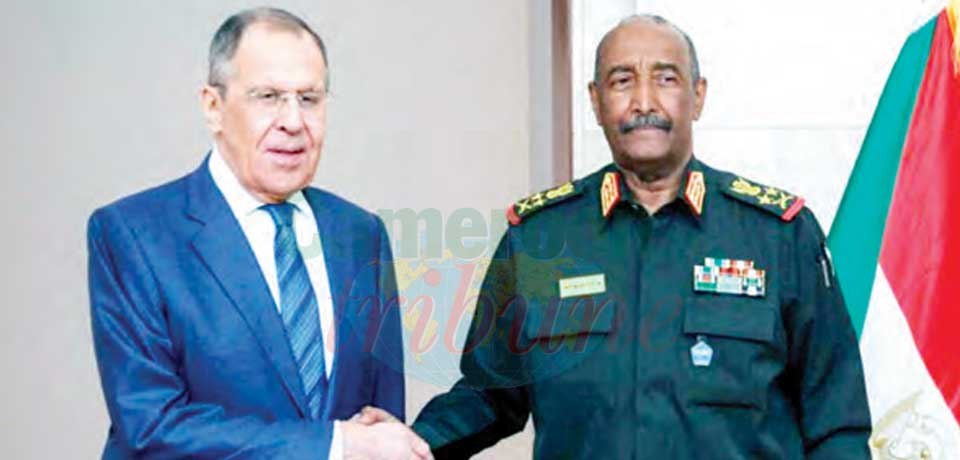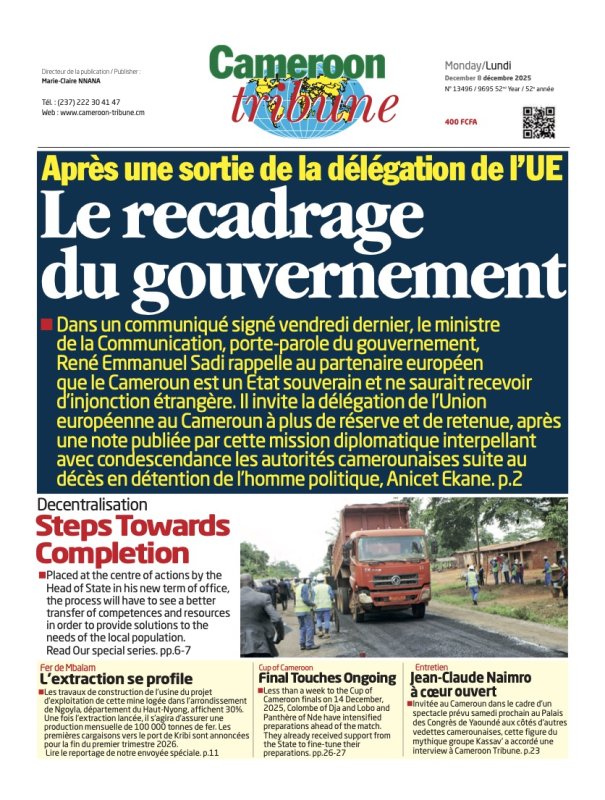Prof. Emmanuel Yenshu VUBO, Political Sociologist, University of Buea, sizes up the US election campaign after the recent debate between the two main candidates.
You have been watching the evolution of campaign ahead of the November 8, 2016 presidential election in the United States of America. How do you assess the pace after the first public television debate between the main candidates, Donald Trump and Hillary Clinton?
The campaigns have continued to heat up with the candidates trying to outsmart each other in a bid to win more votes as well as optimize the number of states they will win in the up-coming elections. As you know, the elections will not be based on a global sum total for the US as in universal suffrage, but will eventually be a sort of indirect suffrage where each state in the federation will make a choice. It is worthy to note that a state is made up of a number of electoral districts, each making a vote that will be expressed through a grand elector. The outcome will be decided by who arrives first with more than 270 electoral votes on November 8. That is why you have some states referred to as swing states and others battleground states because it is at that level that the outcome will be decided.
After the debate, the contrast between the two candidates has become sharper and more pronounced. This reflects the growing dividing lines between two trends in American politics, namely the traditional politics that emerged after the Civil Rights Movement and the 1968 Revolution. The new role of the US as sole global hegemon at the end of the Cold War is represented by Hillary Clinton and the counter-revolutionary nationalist right wing - not really Republican - by Donald Trump. Personalities and important media outfits who are wary of the country losing the gains of that traditional position are shocked by Trump’s behaviour and lack of knowledge on foreign policy. His atypical stance on several foreign policy issues is pushing some people to vte for Clinton by simply distancing themselves from him or denouncing him outrightly.
USA Today came out forcefully while several important Republican figures saying they will vote for Clinton. On the other side of the spectrum, Trump has continued to appeal to the populace with his crude approach to issues, his hardly veiled negativity towards diversity (race, aliens, religious tolerance, immigration) and his call for an American greatness that will mean near total global disengagement. This means an America that will see transnational corporation return home to provide jobs, withdraw from NATO or cease to provide protection to protégés around the global.
This means an abandonment of the hegemonic position that has come after a long struggle with the former Soviet Union and more recently Russia. It is not his uncouth declarations about people (including his rival) that has sent the establishment closing ranks around Clinton, one would be tempted to think. It is rather the challenge to the establishment position, which he sees as corrupt and the threat that his views pose to that establishment’s view of America. The current campaign is narrowing down to that.
How do you assess the general atmosphere in the campaigns as Election Day draws closer?
The campaign is said to be tight, but each candidate is trying either to stretch a lead in the polls that very recently showed a slight advantage for Clinton or overturn the trends as in the case for Trump. Typical of American elections, personality issues have come to play a critical role, even to the extent of becoming nasty. After several months of public scrutiny of Clinton in relation to her role in attacks on the American diplomatic station in Bengazi, Libya where there was loss of life, her use of a private e-mail server which sort of jeopardized national security, the likelihood of conflict of interest in the management of the Clinton Foundation and her health, cast doubts on her readiness to serve in the highly demanding position of President, the focus has turned on Trump.
There are rising questions about the latter’s own foundation, treatment of women, business records, repeated problems with justice and unwillingness to provide his tax returns. These issues to me are not really reflected in public opinion as the candidates continue to appeal in their own ways as reflected in the polls. I think that the appeal was influenced significantly by the debate that touched significantly on policy issues, but also allowed the candidates to face and answer the personality equation that is echoed in the campaign....
Cet article complet est réservé aux abonnés
Déjà abonné ? Identifiez-vous >
Accédez en illimité à Cameroon Tribune Digital à partir de 26250 FCFA
Je M'abonne1 minute suffit pour vous abonner à Cameroon Tribune Digital !
- Votre numéro spécial cameroon-tribune en version numérique
- Des encarts
- Des appels d'offres exclusives
- D'avant-première (accès 24h avant la publication)
- Des éditions consultables sur tous supports (smartphone, tablettes, PC)













Commentaires